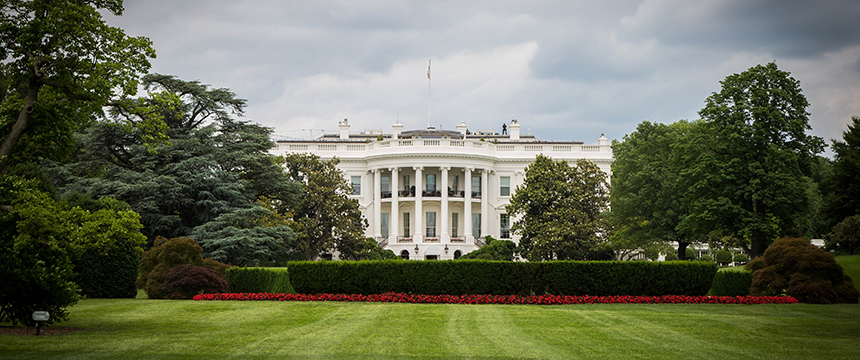Webinar Key Takeaways: The New Biden Executive Order on Foreign Investment

Foley recently cohosted a webinar with 4thly featuring a panel of legal and policy experts addressing President Biden’s New Outbound Investment Screening Program.
The panel was moderated by 4thly founder Bret Waters in conversation with panelists Ker Gibbs (previous President of the American Chamber of Commerce in Shanghai, whom some called the “ambassador of American business to China”), H. K. Park (Crumpton Global Managing Director, Client Advisor, and Relationship Manager), Foley National Security Partner Christopher Swift (Washington, D.C.), and Foley Corporate Partner Louis Lehot (Silicon Valley and San Francisco).
The panel discussed the details of President Biden’s long-awaited Executive Order, focusing particular attention on how the new foreign investment regime would impact future U.S. trade and investment with China. Panelists also addressed the potential implications for U.S. and other international companies with existing operations in China, as well as the broader business and national security trends that are likely to shape U.S.-China relations in the future. Here are some of the key takeaways from their discussion:
- On August 9, President Joe Biden signed an Executive Order establishing a new review procedure for U.S. foreign investments in sectors with that present potential national security risks. This long-awaited initiative reflects the Biden Administration’s growing concerns regarding new strategic challenges from China, and seeks to mitigate risks involving the informal transfer of knowledge and experience from U.S. investors to their Chinese counterparts.
- Forthcoming regulations from the U.S. Department of the Treasury will implement the Biden’ Administration new Executive Order by focusing on high-technology sectors like semiconductors and microelectronics, quantum information technologies, and artificial intelligence. U.S. investors in Chinese companies working on these technologies will need to notify the Treasury Department of their investment in advance of closing. These notifications appear likely to trigger more rigorous Foreign Direct Investment reviews focused on potential national security and technology transfer risks.
- Depending on the Treasury Department’s approach, the U.S. Government could potentially have the power to block, modify, or even unwind U.S. and other investments in China – a power similar to the authority that the Committee on Foreign Investment in the United States (“CFIUS”) currently exercises over foreign investments in domestic U.S. companies.
According to the panelists, the new Executive Order is the direct result of chronic friction in the U.S.-China relationship. The Biden Administration’s stated goal is to close what they view as a loophole in the export controls in a manner that will limit outbound transfers of capital and knowledge in high-risk sectors. Together with the high tariffs on Chinese goods, recent changes in U.S. export controls laws, and the expansion of CFIUS’s investment review authorities, the result is yet another attempt to “decouple” the U.S.-China economic relationship.
Several key developments merit monitoring in the coming months, patricularly the scope of the anticipated notification requirements. Observers should also consider the possibility that the Biden Administration may leverage these new authorities to target so-called “countries of concern” other than China at some point in the future – including Russia and other strategic adversaries. But for now, the priority remains China and Chinese companies – including those in Hong Kong and Macau.
In addition to discussing key developments, the panelists also observed that China currently faces a complex economic environment characterized by a low-growth, short-term outlook. Yet despite these challenges, they noted that the Executive Order was more narrowly tailored than some Chinese observers initially expected. As a result, some panelists expected a relatively muted policy response from Beijing – at least in the near term.
There are still openings, however. Despite China’s economic woes, some panelists emphasized that local Chinese businesses and reginal governments remain incredibly innovative and welcoming to foreign investors. They emphasized that now may be a great time for U.S. and other investors who adopt a targeted approach and are clear about their investment goals. And by avoiding those sectors targeted under the new Executive Order, investors can still leverage the opportunities China and the Chinese market present.
Against this backdrop, the Biden Administration’s new Executive Order represents only one of several potential restraints on U.S.-China ventures. These restraints are not necessarily barriers to investment, however. To the contrary, companies pursuing new or existing ventures in China are more likely to achieve their goals by engaging external advisors to conduct diligence, identify risks, and develop practical approaches that harmonize business objectives with new legal requirements.
* * *
Please contact Louis Lehot or Christopher Swift for more information regarding the webinar and strategies for managing potential China investment risks. Learn more by viewing a recording of the webinar.

